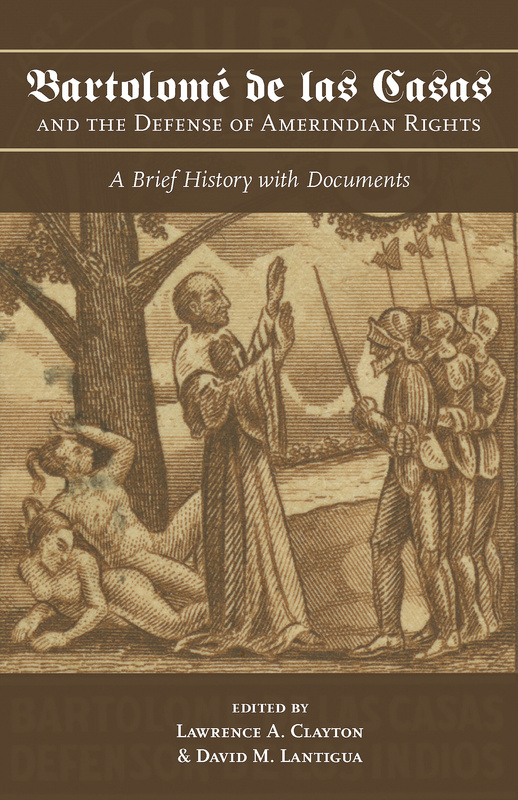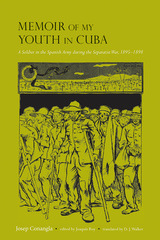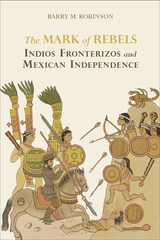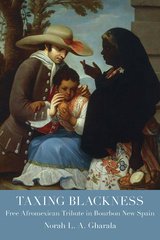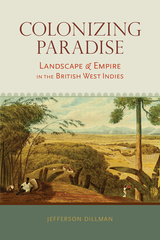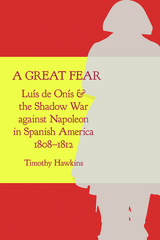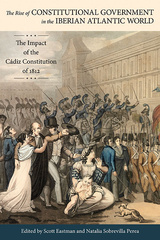Our shopping cart is currently down. To place an order, please contact our distributor, UTP Distribution, directly at utpbooks@utpress.utoronto.ca.
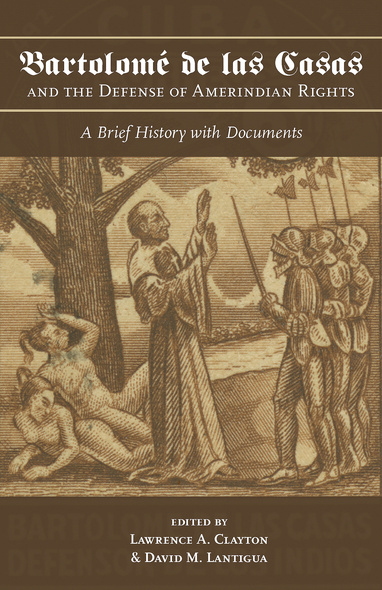
160 pages, 6 x 9
8 B&W figures - 2 maps
Paperback
Release Date:07 Apr 2020
ISBN:9780817359690
Bartolomé de las Casas and the Defense of Amerindian Rights
A Brief History with Documents
SERIES:
Atlantic Crossings
University of Alabama Press
An accessible reader of both popular and largely unavailable writings of Bartolomé de las Casas
With the exception of Christopher Columbus, Bartolomé de las Casas is arguably the most notable figure of the Encounter Age. He is remembered principally as the creator of the Black Legend, as well as the protector of American Indians. He was one of the pioneers of the human rights movement, and a Christian activist who invoked law and Biblical scripture to challenge European colonialism in the great age of the Encounter. He was also one of the first and most thorough chroniclers of the conquest, and a biographer who saved the diary of Columbus’s first voyage for posterity by transcribing it in his History of the Indies before the diary was lost.
Bartolomé de las Casas and the Defense of Amerindian Rights: A Brief History with Documents provides the most wide-ranging and concise anthology of Las Casas’s writings, in translation, ever made available. It contains not only excerpts from his most well-known texts, but also his largely unavailable writings on political philosophy and law, and addresses the underappreciated aspects of his thought. Fifteen of the twenty-six documents are entirely new translations of Las Casas’s writings, a number of them appearing in English for the first time.
This volume focuses on his historical, political, and legal writings that address the deeply conflicted and violent sixteenth-century encounter between Europeans and indigenous peoples of the Americas. It also presents Las Casas as a more comprehensive and systematic philosophical and legal thinker than he is typically given credit for. The introduction by Lawrence A. Clayton and David M. Lantigua places these writings into a synthetic whole, tracing his advocacy for indigenous peoples throughout his career. By considering Las Casas’s ideas, actions, and even regrets in tandem, readers will understand the historical dynamics of Spanish imperialism more acutely within the social-political context of the times.
With the exception of Christopher Columbus, Bartolomé de las Casas is arguably the most notable figure of the Encounter Age. He is remembered principally as the creator of the Black Legend, as well as the protector of American Indians. He was one of the pioneers of the human rights movement, and a Christian activist who invoked law and Biblical scripture to challenge European colonialism in the great age of the Encounter. He was also one of the first and most thorough chroniclers of the conquest, and a biographer who saved the diary of Columbus’s first voyage for posterity by transcribing it in his History of the Indies before the diary was lost.
Bartolomé de las Casas and the Defense of Amerindian Rights: A Brief History with Documents provides the most wide-ranging and concise anthology of Las Casas’s writings, in translation, ever made available. It contains not only excerpts from his most well-known texts, but also his largely unavailable writings on political philosophy and law, and addresses the underappreciated aspects of his thought. Fifteen of the twenty-six documents are entirely new translations of Las Casas’s writings, a number of them appearing in English for the first time.
This volume focuses on his historical, political, and legal writings that address the deeply conflicted and violent sixteenth-century encounter between Europeans and indigenous peoples of the Americas. It also presents Las Casas as a more comprehensive and systematic philosophical and legal thinker than he is typically given credit for. The introduction by Lawrence A. Clayton and David M. Lantigua places these writings into a synthetic whole, tracing his advocacy for indigenous peoples throughout his career. By considering Las Casas’s ideas, actions, and even regrets in tandem, readers will understand the historical dynamics of Spanish imperialism more acutely within the social-political context of the times.
This book’s greatest value lies in the editors’ judicious editing—excerpts are long enough to present a solid understanding of las Casas’s thought but not so long as to overwhelm readers—and selections from a wide range of las Casas’s writings, including works beyond the most famous ones. Recommended.’
—CHOICE
‘Bartolomé de las Casas and the Defense of Amerindian Rights is a welcome text for undergraduate and graduate students in a variety of disciplines: history, religion, international relations, anthropology, and others.’
—Noble David Cook, author of Born to Die: Disease and New World Conquest, 1492–1650
Clayton and Lantigua’s volume does an excellent job of exploring the complex intellectual obsessions of Las Casas and his unwavering quest to seek political and legal justice for the indigenous population of the Americas.’
—Franklin W. Knight, author of Bartolomé de las Casas: An Account, Much Abbreviated, of the Destruction of the Indies, With Related Texts
Lawrence A. Clayton is professor emeritus of history at the University of Alabama. He is author of Bartolomé de las Casas: A Biography and coauthor of A New History of Modern Latin America.
David M. Lantigua is assistant professor of moral theology and Christian ethics in the department of theology at the University of Notre Dame. He is coeditor of Comparative Religious Ethics: A Narrative Approach to Global Ethics.
David M. Lantigua is assistant professor of moral theology and Christian ethics in the department of theology at the University of Notre Dame. He is coeditor of Comparative Religious Ethics: A Narrative Approach to Global Ethics.
Acknowledgments
Introduction
The Documents
I. The “New” World
II: The Black Legend
III: Slavery and the New Laws
IV: The Theory and Practice of Peaceful Evangelization
V: Apologist and Critic
VI: Political Philosopher
VII. Canon Lawyer and Advocate
Appendix A. Brief Chronology
Appendix B. Some Questions for Consideration
Notes
Selected Bibliography
Index

